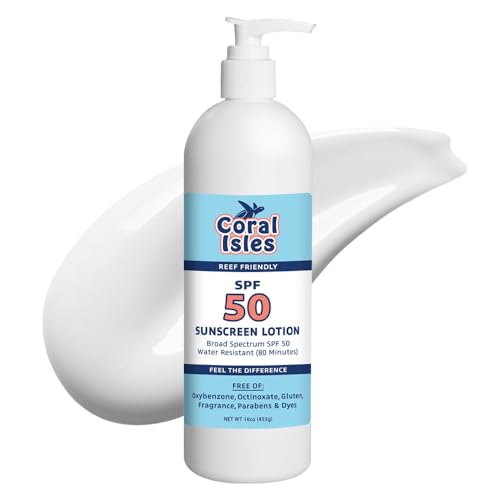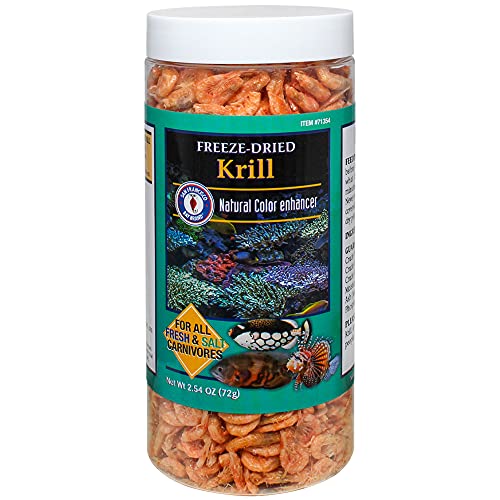ScienceDaily (Oct. 20, 2010) — Researchers at the Hawai'i Institute of Marine Biology (HIMB), an organized research unit in the University of Hawai'i at Mānoa's School of Ocean and Earth Science and Technology, have made remarkable new findings of deep-water black corals.
When most people envision coral, they typically think of shallow-water reef-building corals found along beaches and tropical nearshore habitats. These "typical" corals are dependent upon photosynthetic algae (also known as Symbiodinium or zooxanthellae) found in their tissues to obtain nutrients to live off of.
In deeper less known waters, closely related black corals were considered to be void of these algae because of the light shortage to support photosynthesis. In fact, all black corals were considered to lack Symbiodinium (algae), because they are typically found at great depths where light levels are very low.
For the complete article please follow this link:
http://www.sciencedaily.com/releases/2010/10/101020171621.htm


































































